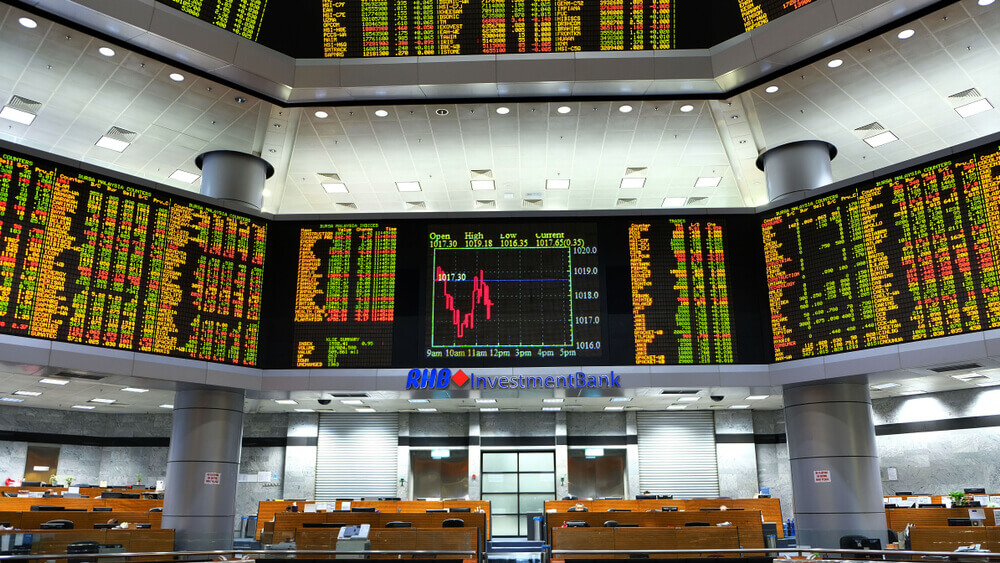On Monday, May 31, Asia Pacific stocks mainly were down over China’s manufacturing Purchasing Managers’ Index (PMI) plunged to 51.0 from 51.1 last month. PMI indications over 50 constitute expansion, while readings below that level represent contraction.
Due to this reading, investors are now digesting the possibility of a falloff in the Chinese economic recovery from the coronavirus pandemic. Also, they are keeping an eye on the probability of taper talks caused by the price pressure. Investors are also waiting for the key U.S. economic data on Tuesday to measure the economic recovery.
China’s Shanghai Composite stocks decreased 0.23%, while Shenzhen Component spiked 0.29%. Moreover, Hongkong’s Hang Seng Index also fell by 0.29%.
Japan’s Nikkei 225 followed the trend by slipping 1.11%, same as the Topix index, which also plunged by 1.22%.
Earlier in the day, we got the Industrial Production for April. It rose by 2.5% month-on-month, surpassing March’s 1.7%.
On Monday, the government released the April retail sales data, where it jumped by 12.0% compared to last year. Conversely, this is against the 15.3% spike in the median market.
Elsewhere, South Korea’s KOSPI climbed 0.06%, while Australia’s S&P/ASX 200 went down by 0.14%.
Aussie’s stock data is due to investors waiting for the Reserve Bank of Australia’s policy decision on Tuesday. Lastly, MSCI’s widest index of Asia Pacific shares outside Japan advanced 0.36%.
Malaysia Stocks Fell Amidst Total Lockdown
In early Monday trade, Malaysia stocks fell over the government’s announcement of a nationwide total lockdown to contain the COVID-19 as it rapidly spread daily in the country. The national shutdown will start on June 1 to 14 and may or may not extend depending on the coronavirus cases during those times and the government’s decision.
Malaysia has been having a hard time controlling the surge of coronavirus infections. Last week, its health ministry released a five-consecutive days record spike in cases which takes cumulative infections to more than 565,500 cases with 2,729 deaths.
An economist estimated that the gauge would cost the Malaysian economy between 0.5 to 1 percentage point every two weeks. He also added that the country’s 2021 growth forecast was lowered from 6.5% to 5.5%, below the central bank’s projection range of 6% to 7.5%.
Meanwhile, the benchmark FTSE Bursa Malaysia KLCI Index plummeted by 5.1% at the market opening before staying at around 1.1%. As of the moment, this is the most underperforming benchmark in the Asia Pacific markets.










